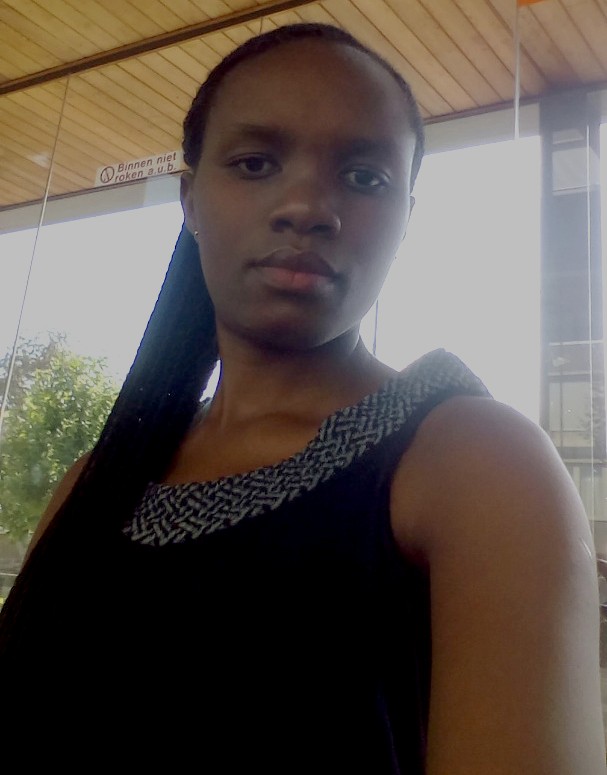The increase in malaria cases and death, and disagreement on the leading cause of this increase among researchers prompted me to investigate the climate factors that influence malaria. My research into temperature, rainfall, region, and humidity, will identify the significant factors and recommend the control measures to curb the multiplication of malaria parasites.
“From the health perspective, the output of this research will provide helpful information on the exact and general cause of malaria incidence in Rwanda. It will also serve as a bridge to the intervention and case management. On the Government of Rwanda side, this research will provide insight into the periods of high malaria incidence rate and allow them to undertake preventative measures and sensitization activities to protect people. The research will also enable the government to create sustainable policies relating to fighting against malaria and developing the context in which working with health partners to eradicate malaria in Rwanda. Academically the research findings will contribute significantly to the existing literature on malaria and climate factors.
The gender gap in science and technology holds women back. According to UNESCO's Science Report, only 33 per cent of researchers are women. What can be done to create more opportunities for women to pursue science?
“To create more opportunities for women to pursue science, governments should award scholarships to needy girls and women and work towards cooperation agreements with national and international organizations promoting women's education. They could also provide particular incentives to successful women in science-based positions and awards to successful girls in their studies, strengthening gender equality in all sectors and sensitizing communities and teachers on the role educated women can play in their family and country at large.
What would you tell the leaders tackling climate action and those who can create more opportunities for women in science?
“Leaders should work hard towards a sustainable environment since it is the only basis of our stable home.. In this regard, leaders must ensure a high awareness of climate change and its effect on our communities. They must do their best to launch and implement climate-related projects in the community and educate people on climate change. This will lead society to invest in socially responsible projects, avoid deforestation, reduce CO2 emission, use electricity in production rather than using combustion engines, protect green spaces, et cetera.
“Leaders responsible for creating more opportunities for women need to work harder in terms of creating and finding more opportunities because women have woken up and are advancing forward in development. There should be more opportunities that everyone should receive. Women suffer from difficulties such as related cultural issues and supporting their families. They still must show society that they can do more than stay and occupy homes. Their opinions are still taken lightly, which affects them psychologically and impedes them from advancing as expected. That is why leaders need to work hard, listen to women, and provide enough support for those women in science.
What actions do you think are most needed to advance gender equality in the context of climate action/science?
“Scholars have proven that when gender inequality is high, forest depletion, air pollution, and other measures of environmental degradation are also increased. Women are highly vulnerable because they face a combination of hardships which always is shown by their high mortality rate in natural disasters. Organizations and governments should identify gender-sensitive strategies that focus on reducing women's vulnerability, promoting gender-sensitive emergency responses, and acknowledging women's skills as key environmental actors in managing natural disaster, leading mitigation and adaptation efforts. This can help respond to human security needs and environmental and humanitarian crises.
How could governments better invest in and empower women towards climate action?
“Keeping in mind the role of women in society and the life of a family, implementation of climate change measures, country development and considerable resources are needed to educate and develop women skills. The existing gender gap in education, inequality in accessing resources, roles, and greater responsibilities at home all impede women from accessing finance. Thus, to advance gender equality while combating climate change-related problems, government and NGOs should invest in and empower women as stewards of the environment, contributing to poverty eradication. Their skills will be more helpful in managing any natural disaster. Their education is critical, and accessing funds can help recover the weather-related loss. There is a need to change or include women's needs in the current fiscal regime and help women access funds.
“On the other hand, climate change affects rural communities more because it affects food availability, accessibility, utilization, and food systems stability. We all know that women suffer more because they are more concerned with feeding their children than men. While trying to produce and find enough food, women face sexual violence and harassment, physical injuries, among other dangers. Equal participation in the decision-making process is key for women to have easy access to the food system for their families. This can advance gender equality.”
